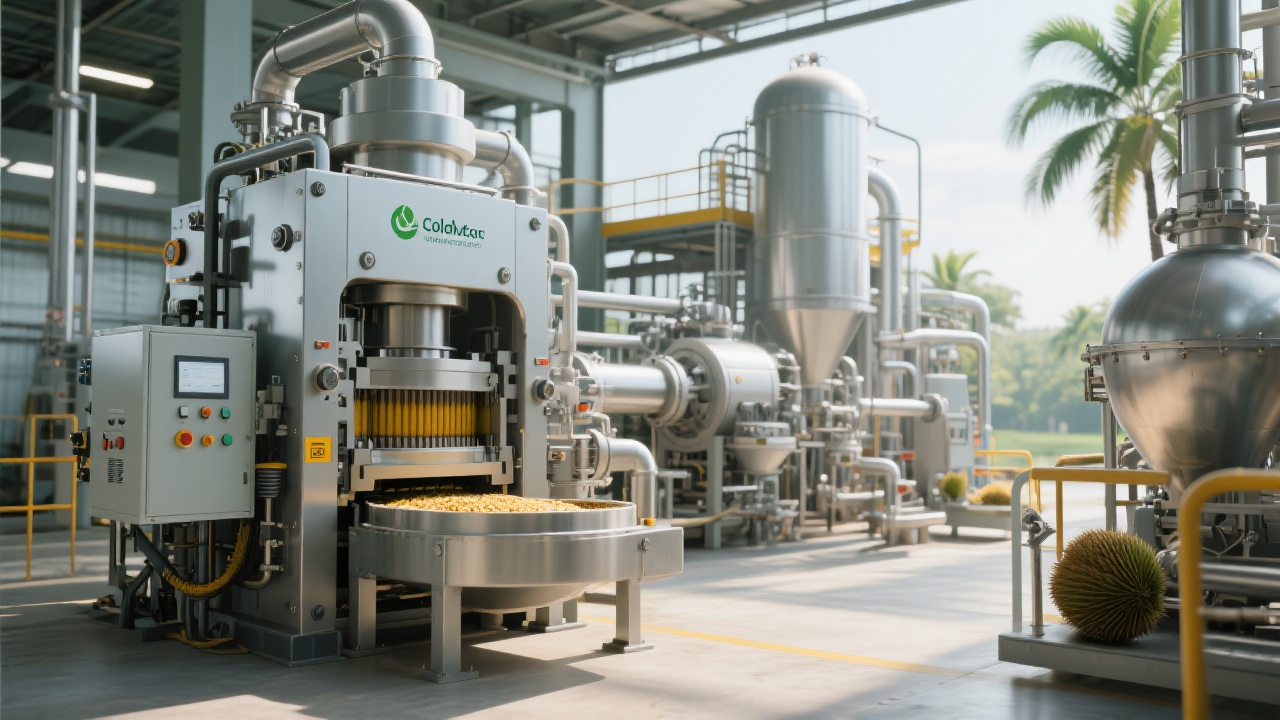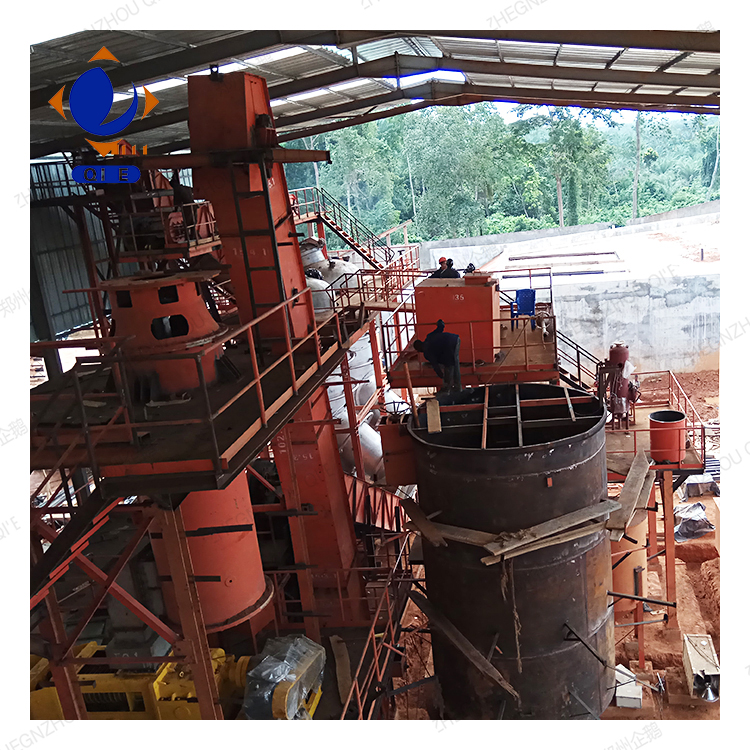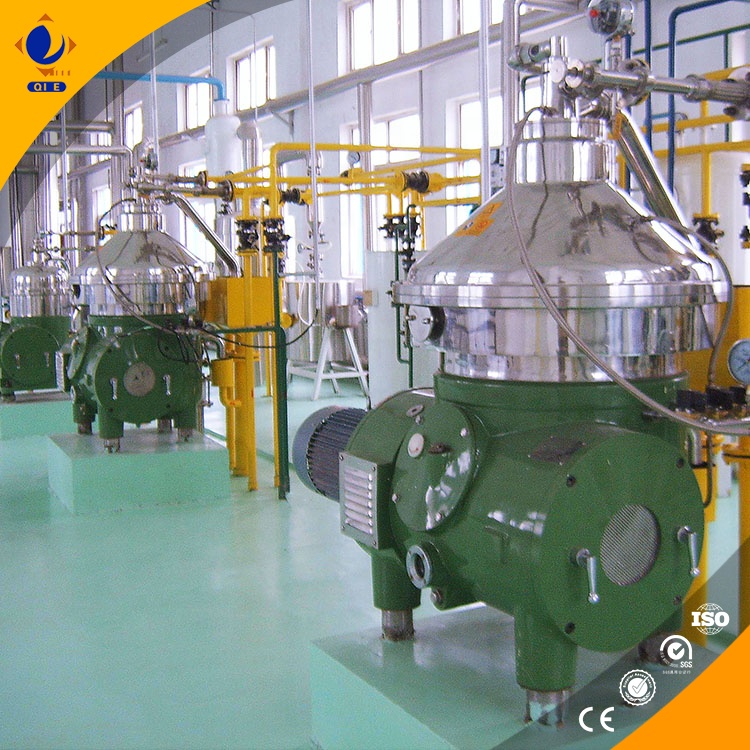
Palm oil processing is a complex and crucial industry, especially in Nigeria and the global market. This article delves into the full - process technology and optimization strategies of palm oil processing equipment, aiming to provide practical guidance for palm oil processing enterprises and technicians.
The pretreatment of raw materials is the first step in palm oil processing. Key points in this process include cleaning, sterilization, and size reduction. For equipment selection, it is essential to consider adaptability and efficiency. For example, a well - designed cleaning machine can remove up to 95% of impurities from palm fruits, significantly improving the quality of subsequent processing. The equipment should be able to handle different volumes of raw materials, ensuring smooth production flow.

In the crushing and pressing stages, proper operation techniques and optimized production parameters are vital. By adjusting the crushing size of palm fruits to around 5 - 10 mm, the surface area for oil extraction can be increased, enhancing the pressing efficiency. When it comes to pressing, maintaining the pressure at 3 - 5 MPa and the temperature at 80 - 90°C can result in an oil extraction rate of approximately 80 - 85%. These parameters can be adjusted according to the specific characteristics of the raw materials and the equipment used.
Separation technology has a direct impact on the oil yield. By carefully adjusting parameters such as the rotation speed of the centrifuge and the pH value of the separation medium, the oil - water interface can be effectively controlled. For instance, maintaining the centrifuge rotation speed at 3000 - 4000 rpm and the pH value at 4 - 5 can improve the oil separation efficiency, increasing the oil yield by about 5 - 10%.

In the refining process, quality control and energy - saving are the main concerns. Steam and electricity consumption can be optimized through measures such as heat recovery and process integration. For example, by using a heat exchanger to recover waste heat from the refining process, steam consumption can be reduced by up to 30%. Additionally, adjusting the refining time and temperature can ensure the quality of the refined palm oil while saving energy.
The application of an automation control system in the palm oil processing line can significantly improve production efficiency and product quality. It can monitor and adjust various parameters in real - time, reducing human error. For example, an automated system can control the temperature, pressure, and flow rate of each process, ensuring stable production. A case study showed that after implementing an automation control system, a palm oil processing plant increased its production efficiency by 20% and reduced its energy consumption by 15%.
Regular maintenance is crucial for the long - term operation of palm oil processing equipment. A systematic maintenance process includes daily inspections, weekly lubrication, and monthly major overhauls. For common faults such as motor failures or pipeline blockages, a quick and accurate diagnosis method is needed. For example, by analyzing the vibration frequency of the equipment, motor failures can be detected early. A real - life case showed that a plant reduced its equipment downtime by 30% after implementing a comprehensive maintenance and fault - diagnosis program.

In conclusion, this article provides a comprehensive guide to palm oil processing technology and optimization strategies. For more in - depth information and detailed solutions, please visit our website. If you have any questions, feel free to ask in the comments section below, and our experts will be happy to assist you.
Do you have any questions about palm oil processing equipment? Leave them below, and we'll answer them!
You can also check our knowledge base for more frequently asked questions.

